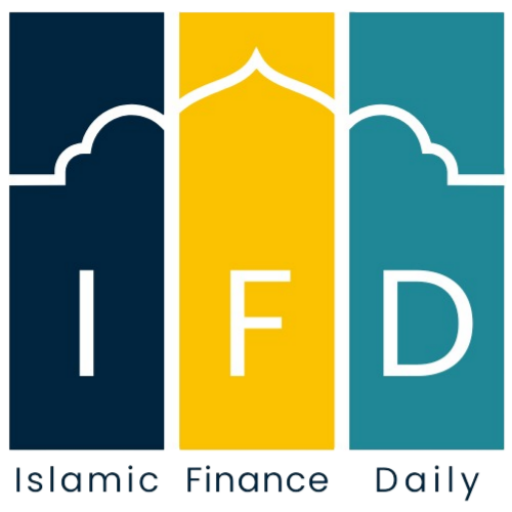Table of Contents
ToggleIntroduction
Takaful, often referred to as Islamic insurance, is a Sharia-compliant alternative to conventional insurance. Rooted in the principles of mutual cooperation, responsibility, and solidarity, Takaful operates on the basis of participants pooling their resources to support one another in times of need. Unlike traditional insurance, which relies on risk transfer and profit-making through interest (riba) and uncertainty (gharar), Takaful is designed to be ethical, transparent, and community-oriented.
Principles of Takaful
Takaful is governed by core Islamic principles that differentiate it from conventional insurance:
- Mutual Cooperation (Ta’awun): Participants contribute to a common fund to help each other in times of loss or damage.
- Shared Responsibility: Every participant bears a part of the risk, fostering a sense of community.
- Transparency: Operations are conducted with full disclosure, avoiding ambiguity (gharar).
- Prohibition of Riba: Takaful funds are managed in a Sharia-compliant manner, avoiding interest-based investments.
How Takaful Works
The Takaful model functions through the following key steps:
- Contribution: Participants pay contributions (donations) to a Takaful fund.
- Risk Pooling: The fund pools these contributions to cover claims made by any participant in the event of loss or damage.
- Surplus Distribution: If there is a surplus after claims and expenses, it may be distributed back to participants or retained for future claims, depending on the Takaful model.
- Sharia Supervision: A Sharia board oversees the operations to ensure compliance with Islamic principles.
Types of Takaful
- Family Takaful: Equivalent to life insurance, it provides financial protection to beneficiaries in the event of the participant’s death.
- General Takaful: Covers non-life risks, such as property, health, motor, and travel insurance.
- Health Takaful: Specifically designed to cover medical expenses.
- Micro-Takaful: Tailored for low-income groups, providing affordable insurance solutions.
Takaful Models
| Model | Description |
|---|---|
| Mudarabah | Profit-sharing model where the operator manages the fund and shares profits with participants. |
| Wakalah | Agency model where the operator earns a fixed fee for managing the fund. |
| Hybrid Model | Combines features of both Mudarabah and Wakalah models. |
Key Differences Between Takaful and Conventional Insurance
| Aspect | Takaful | Conventional Insurance |
| Risk Management | Risk is shared among participants. | Risk is transferred to the insurance company. |
| Profit Motive | Operates on mutual cooperation without profit-making. | Profit-driven, with shareholders benefiting from premiums. |
| Investment | Sharia-compliant, avoiding riba and unethical businesses. | May invest in interest-based and non-ethical ventures. |
| Surplus Handling | Surplus shared with participants. | Surplus retained by the company as profit. |
Benefits of Takaful
- Ethical and Transparent: Aligns with Islamic values, promoting fairness and justice.
- Community-Oriented: Fosters solidarity and mutual support among participants.
- Sharia Compliance: Free from riba, gharar, and maysir (gambling).
- Flexible Models: Adaptable to various needs, from family protection to business coverage.
Challenges Facing Takaful
- Awareness: Limited understanding among potential participants about Takaful principles.
- Regulatory Frameworks: Variations in regulations across countries can hinder growth.
- Operational Costs: Higher costs compared to conventional insurance due to Sharia compliance.
- Market Competition: Competing with well-established conventional insurers.
Real-Life Examples of Takaful Providers
- SALAMA – Islamic Arab Insurance Company (UAE): One of the leading Takaful providers offering family and general Takaful products.
- Syarikat Takaful Malaysia Berhad (Malaysia): A pioneer in the Takaful industry with comprehensive offerings.
- Pak-Qatar Family Takaful (Pakistan): Provides innovative family Takaful plans tailored to local needs.
Global Growth of Takaful
The global Takaful industry has witnessed significant growth, particularly in the Middle East, Southeast Asia, and parts of Africa. Countries like Malaysia, Saudi Arabia, the UAE, and Indonesia are leading markets, driven by supportive regulatory environments and increasing awareness of Sharia-compliant financial products.
Conclusion
Takaful represents a dynamic and ethical alternative to conventional insurance, rooted in the principles of mutual assistance and social solidarity. As awareness grows and regulatory frameworks evolve, Takaful is poised to play an increasingly important role in the global insurance landscape. Its ability to align financial security with Islamic values makes it an attractive choice for both Muslim and non-Muslim participants seeking ethical insurance solutions.



